Hello. For those interested in food safety, today I want to talk about fruits that you must wash before eating. Eating fruits is good for your health, but fruits that are not properly washed can pose a risk of food poisoning. So, let’s talk about the fruits that you must wash!
- The Importance of Food Safety and Health Maintenance
Food safety is very important for maintaining our health. Food can contain pesticides, bacteria, and other harmful substances, which can be detrimental to our bodies. Properly handling and treating food is a way for us to eat safely and healthily.
- The Necessity of Washing Fruits: Why Is It Important?
Fruits are very nutritious foods. However, various contaminants can exist on the surface of fruits. Factors such as soil, air, synthetic fertilizers, and pesticides can cause bacteria, microorganisms, and other harmful substances to exist on the surface of fruits. Therefore, fruits must be washed before consumption.
- Introduction to Fruits That Must Be Washed
- Apples: Microorganisms and pesticides can remain on the surface of apples.
- Grapes: Grapes can have a lot of pesticide residues on their surface and can be an environment conducive to bacterial growth.
- Strawberries: Strawberries can contain a large amount of microorganisms, making them dangerous if not washed.
- Cherries: The surface of cherries can have many microorganisms or bacteria, so they must be washed thoroughly.
- How to Properly Wash Fruits
– The proper way to wash fruits is as follows:
-
First, wash your hands thoroughly.
-
Soak the fruits in cold water and then rinse them thoroughly under running water for more than 30 seconds.
-
You can also use a soft brush to remove contaminants from the surface of the fruits.
-
Tips for Removing Pesticide Residues
-
Soak the fruits in a solution of vinegar and water for 10 minutes.
-
Then rinse the fruits with clean water.
-
Storage Tips for Food Safety
6. The amount of pesticide residue on fruits can vary depending on several factors. These include the type of pesticide used, the amount of pesticide used, the type of fruit, and the method of washing. Generally, the following factors affect pesticide residue:
- Type of pesticide: Some pesticides dissolve or break down easily in water, while others can remain on the fruit’s surface for a longer period.
- Amount and frequency of use: If pesticides are used frequently or in high concentrations, the amount of pesticide residue on the fruit can increase.
- Type of fruit: The surface structure of the fruit (e.g., thick-skinned fruits vs. thin-skinned fruits) can affect the amount of pesticide residue. Thick-skinned fruits are less likely to absorb pesticides, whereas thin-skinned fruits may absorb more.
- Washing method: The method used to wash fruits can influence the amount of pesticide residue. Methods such as washing with water, soaking in vinegar or baking soda solutions, as mentioned earlier, can help reduce pesticide residue.
In general, most countries regulate the amount of pesticide residue on agricultural products to ensure it remains within safe levels. However, it is advisable to thoroughly wash fruits before consumption for safety.
Additionally, choosing organic fruits can be one way to reduce exposure to pesticides. Organic fruits are generally grown without synthetic pesticides, so they are likely to have lower pesticide residue.
7. To maintain the freshness and safety of fruits, you need to know the proper storage methods:
-
Store fruits in a cool, dry place.
-
Wrap the fruits in boxes or paper to protect them from direct sunlight.
-
Store fruits separately from other foods.
-
Risks of Consuming Unwashed Fruits
8. Consuming unwashed fruits poses the following risks:
-
Bacterial and Microbial Infections: Unwashed fruits can contain a large number of bacteria and microorganisms, which can cause stomach problems or food poisoning if consumed.
-
Pesticide Poisoning: Unwashed fruits can have pesticide residues, posing a risk of pesticide poisoning in the long term.
-
Should Organic Fruits Also Be Washed?
Organic fruits are products that minimize the use of pesticides, but they still need to be washed. External contaminants or bacteria can still exist, so you should wash them thoroughly before consumption.
- Proper Drying and Storage of Washed Fruits
The method to properly dry and store fruits to maintain freshness after washing is as follows:
-
Lightly wipe the fruits with a cloth.
-
Ensure the fruits are completely dry and free of moisture.
-
Store the dried fruits in paper or a container.
-
Small Habits for Food Safety in Daily Life
10. To maintain food safety in daily life, you can adopt the following small habits:
- Always wash your hands thoroughly before handling or consuming food.
- Never bring fruits or vegetables to your mouth before washing them.
- Store food properly to maintain its freshness and safety.
By following these guides for food safety and health maintenance, we can have healthier and safer meals. To maintain a healthy body, always make it a habit to wash fruits before consuming them.

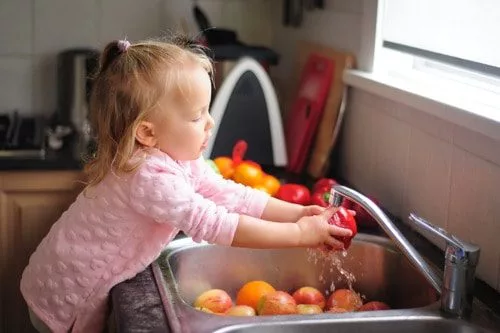

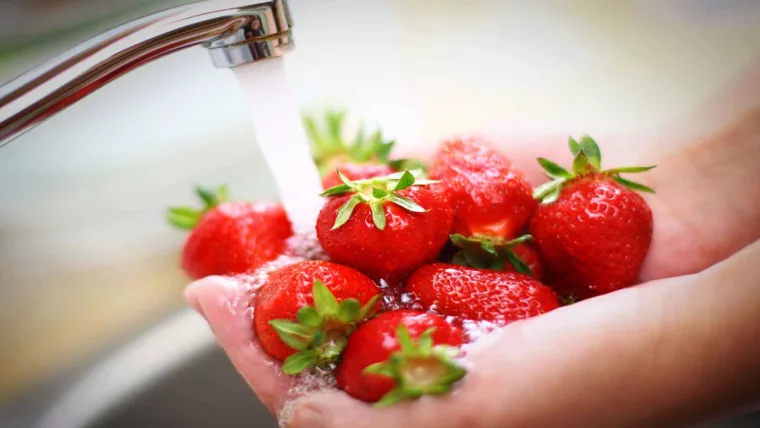
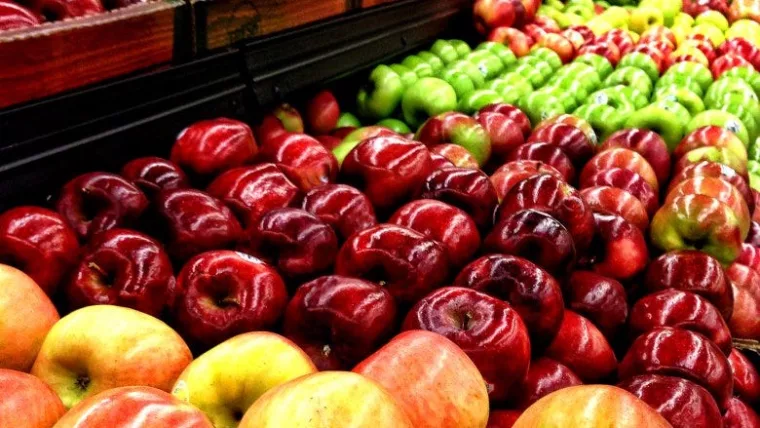
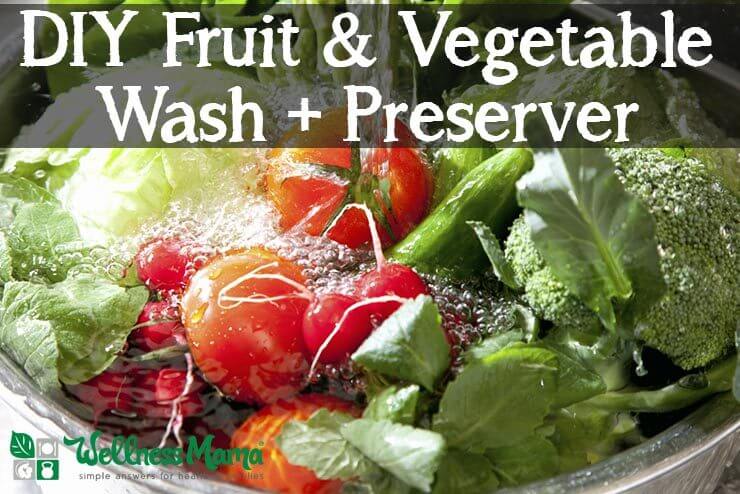
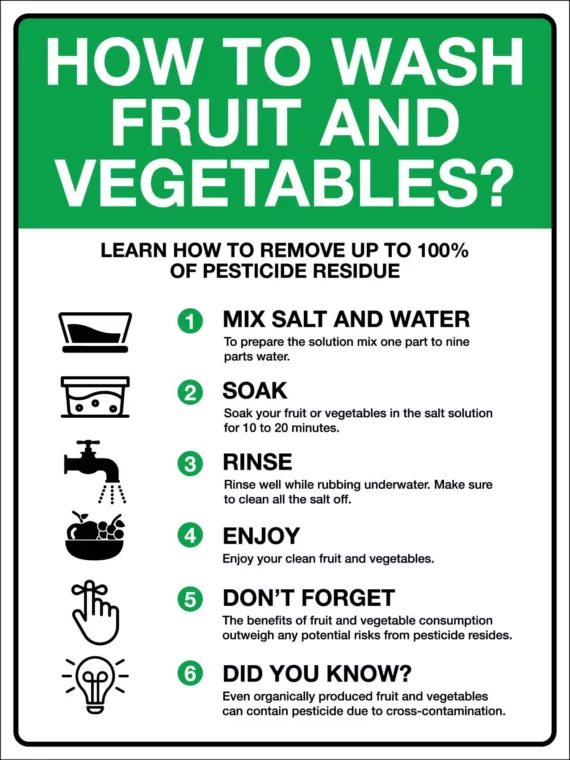
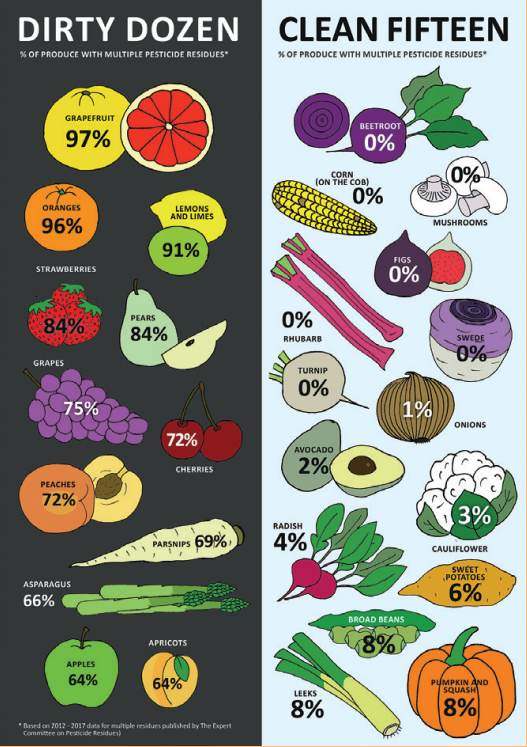



Leave a Reply